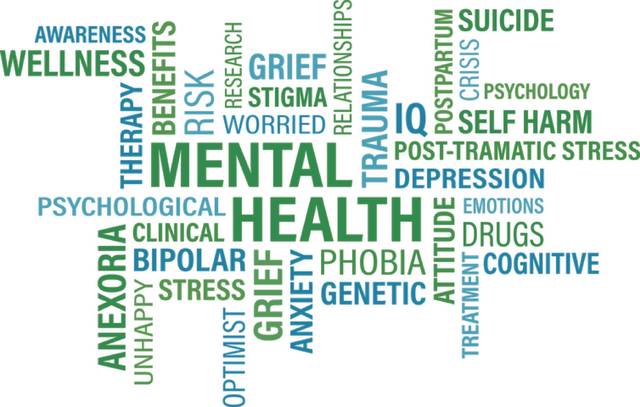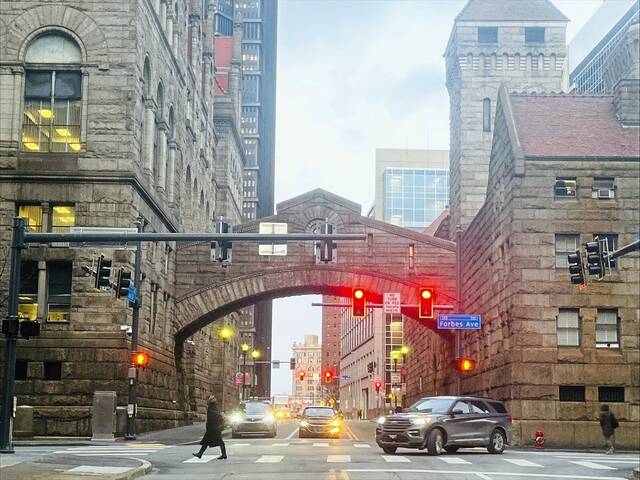As the trial of former East Pittsburgh police officer Michael Rosfeld for the shooting of Antwon Rose is set to begin, another police shooting has happened.
While the Rose shooting brings attention to the nationally felt tension between the black community and law enforcement, the death of Nina Adams, 47, of Greensburg, is part of another tragic statistic.
According to her family, Adams suffered from mental health issues.
But like Rose’s death, the specifics of the Adams case are just the most recent, most local example of a larger issue.
It is easy to say the solution is more and better training for police to deal with people experiencing mental health problems. Of course first responders of all kinds should have such training. They are the people called to help in times of trouble and the mentally ill may need that help.
But the bigger problem is treatment.
Every time there is a mass shooting — an incident that occurs far too often — there are calls for more mental health services. Those calls can get lost in the back-and-forth fights over gun control and 2nd Amendment rights.
They have to be addressed separately. Mental health is something that can touch us all every day and something that cannot wait until we figure out guns.
Addressing our mental health concerns properly, regularly and without stigma can be a way forward to solving some of our biggest issues, from the opioid crisis to domestic violence to those mass shootings.
It is in our best interest to have mental health care that is not just available and accessible but promoted and prioritized.








